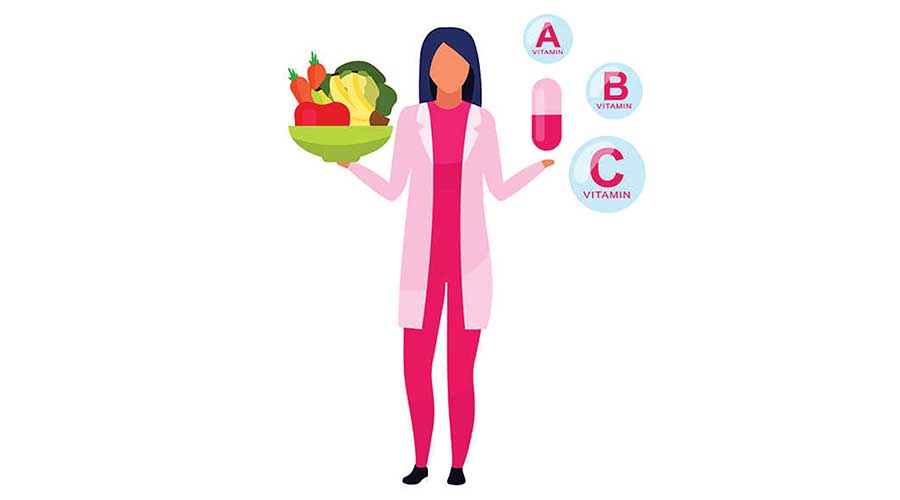ASK A PHYSICAL THERAPIST
- 20 Apr - 26 Apr, 2024

What’s the evidence behind a low-carb diet? Is it right for everyone – how do people know what’s right for them?
The strongest evidence in favour of low-carb diets is for people who want to lose weight. So, if you have type 2 diabetes, or you don’t have diabetes, and you want to lose weight, then the low-carb diet is one option. Many people follow the low-carb diet without the need for their doctor or dietitian to be involved, but we prefer that people talk to their doctor when following a low-carb diet, or any diet. This is because some people may need extra advice to make sure that they’re getting all the goodness they need. Depending on medical history and any medications taken, they may also need to take a few extra precautions such as avoiding hypos when following a low-carb diet.
Fruits have a lot of sugar in them – can I still eat fruit if I have diabetes?
Fruit contains fibre, which is good for overall health. But it also contains carbohydrates (sugar), which affect your blood glucose levels. The sugar that is naturally intact in whole fruit does not count towards free sugar as your body uses this sugar differently. Most fruits also have a low to medium-glycaemic index (GI), so they don’t have an immediate effect on your blood glucose levels in the way other refined carbohydrate foods, like white bread, do. If you spread your intake of whole fruit throughout the day, rather than eating a huge portion in one go, there’s no reason why you can’t eat any fruit you like. A portion of fruit is approximately what will fit in the palm of your hand. It’s easy to overdo it, though, especially if you have the whole bowl in front of you. Be careful with dried fruits – a portion is just one tablespoon. If you go for tinned fruits, choose one that’s tinned in the natural juice rather than syrup – and always read the label.
How can I cure a cold? Are there any foods or supplements that will help?
There are no single foods or supplements that are proven to stop you from getting coughs and colds, or to get rid of them once you have one. With a balanced diet, you shouldn’t need supplements. Getting more than you need of any vitamins or minerals from supplements is unlikely to offer added benefits so, unless prescribed by a professional, they shouldn’t be necessary. Making sure you are getting enough vitamin C by eating plenty of fruit and vegetables is important. However, there isn’t strong evidence that vitamin C supplements will prevent or shorten a cold, and they could have negative effects – vitamin C supplements can affect blood sugar levels if you have diabetes, and taking more than 1,000mg a day can cause stomach pain, diarrhea and flatulence. A healthy diet will help to make sure that your immune system is as good as it can be, and so reduce the risk of getting a cold, as well as allowing you to recover as quickly as possible. This means including plenty of different fruit and vegetables, wholegrains, beans, lentils, nuts and seeds.
COMMENTS